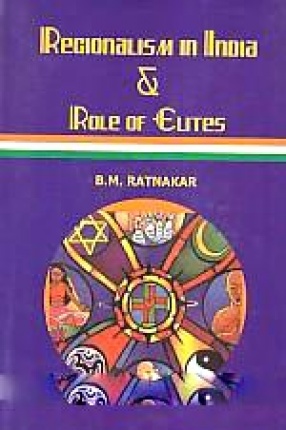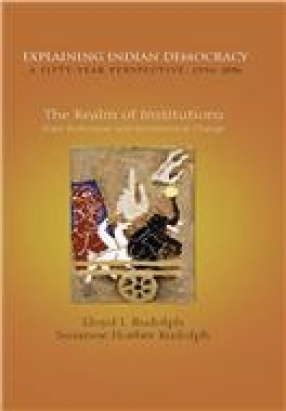This is the English translation of the memoirs of Abani Lahari, a dedicated Communist and one of the foremost leaders of the Tebhaga uprising of 1946-47, a movement of sharecroppers and the rural poor. It takes the form of an extended interview conducted by the late Ranajit Dasgupta—Communist activist and well-known labour historian—whose discreet yet highly perceptive questioning raises it much above the level of most memoirs. Sharply analytical in approach, Abani Lahiri re-assesses a critical period of postwar, pre-independence nation formation, and raises pertinent questions about the path since taken. As with virtually all Communists of those times, the transition to Marxism came out of years of active participation in the nationalist movement. Memories of Tebhaga naturally constitute the core of the book, with both the buildup to this movement and its aftermath discussed in detail. Starting with the carters’ strike in 1930, and ending with his withdrawal from full-time involvement in Party work in 1952, this oral history, with its combination of vivid, moving detail and acute analysis, is invaluable source material for historians. Abani Lahiri is a veteran Communist leader and activist who has played an important role in people’s movements in Bengal since the days of the nationalist struggle. Ranajit Dasgupta was an eminent scholar whose research into the history of the working class fused his activist involvement in people’s movements with questions of ideology. Subrata Banerjee is a distinguished editor who is presently editing Man and Development, the quarterly journal of the Centre for Research in Rural and Industrial Development (CRRID), Chandigarh. Sumit Sarkar is a leading historian known for his association with the Subaltern Studies initiative.
The Meaning of Civilisation: Essays on Culture, Religion and Politics
When Naguib Mahfouz left his ...
$31.50
$35.00





There are no reviews yet.